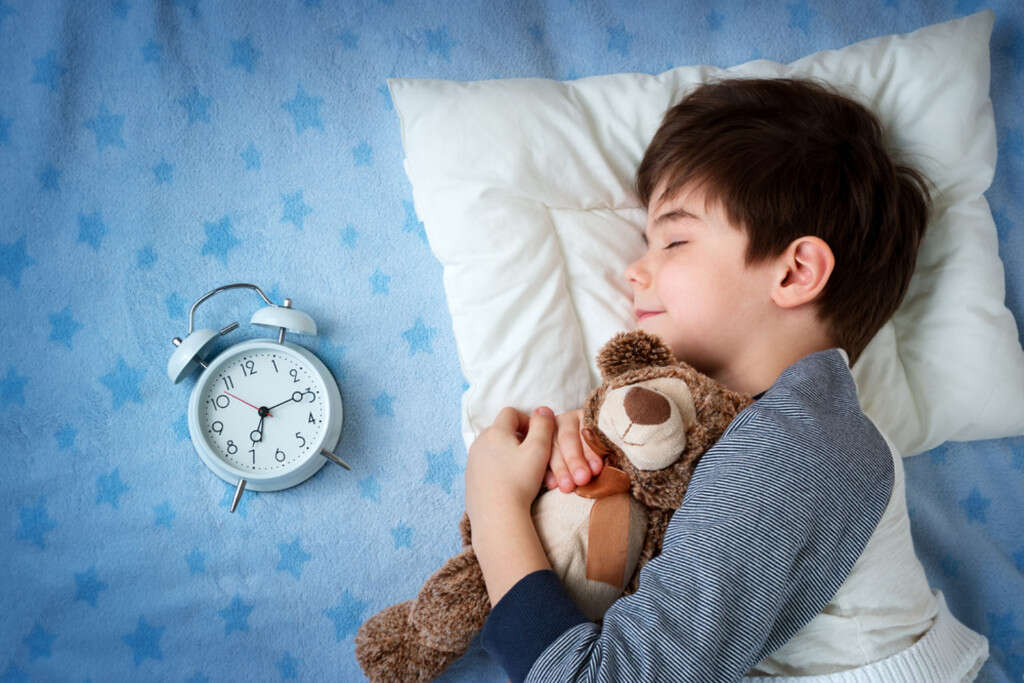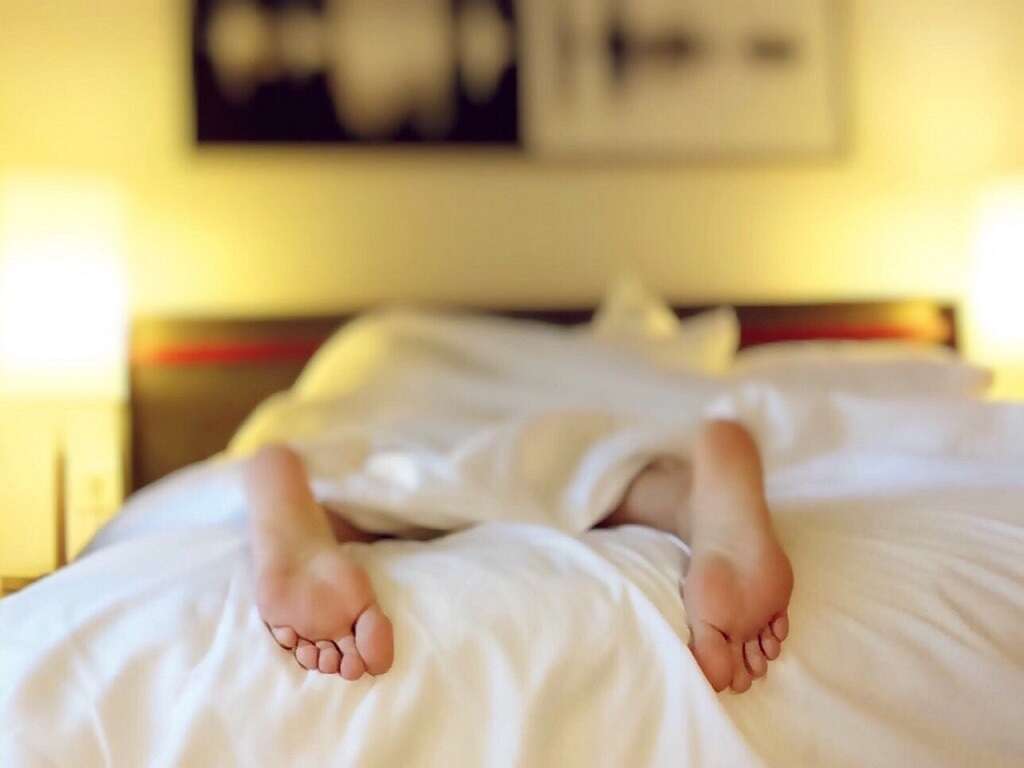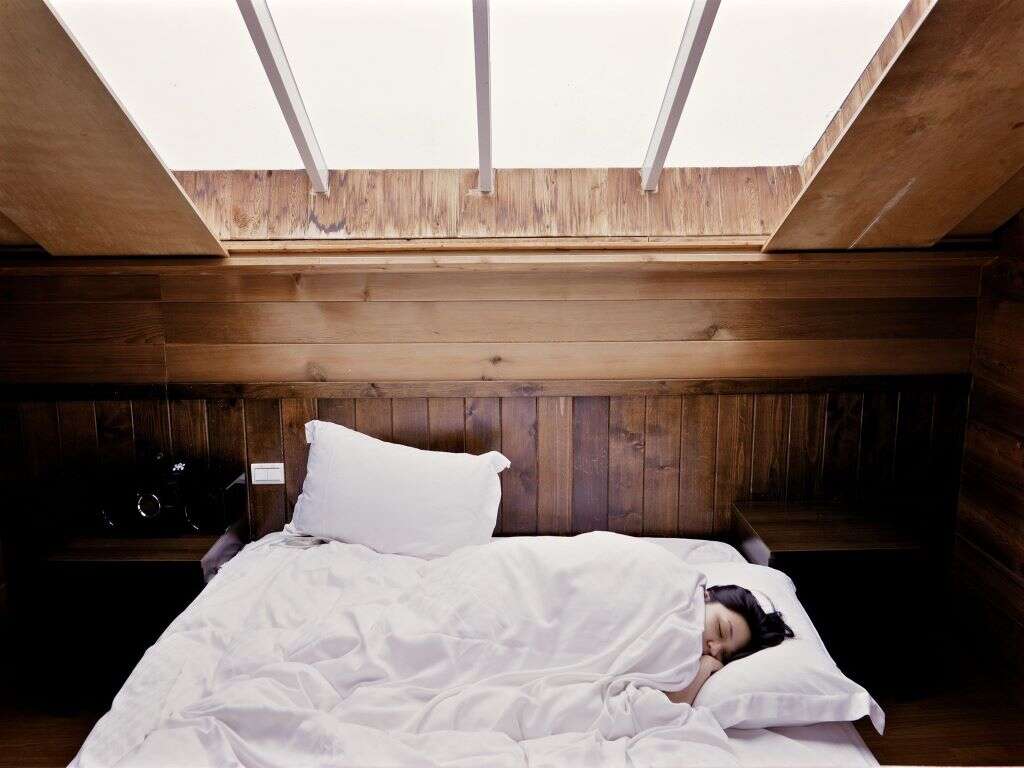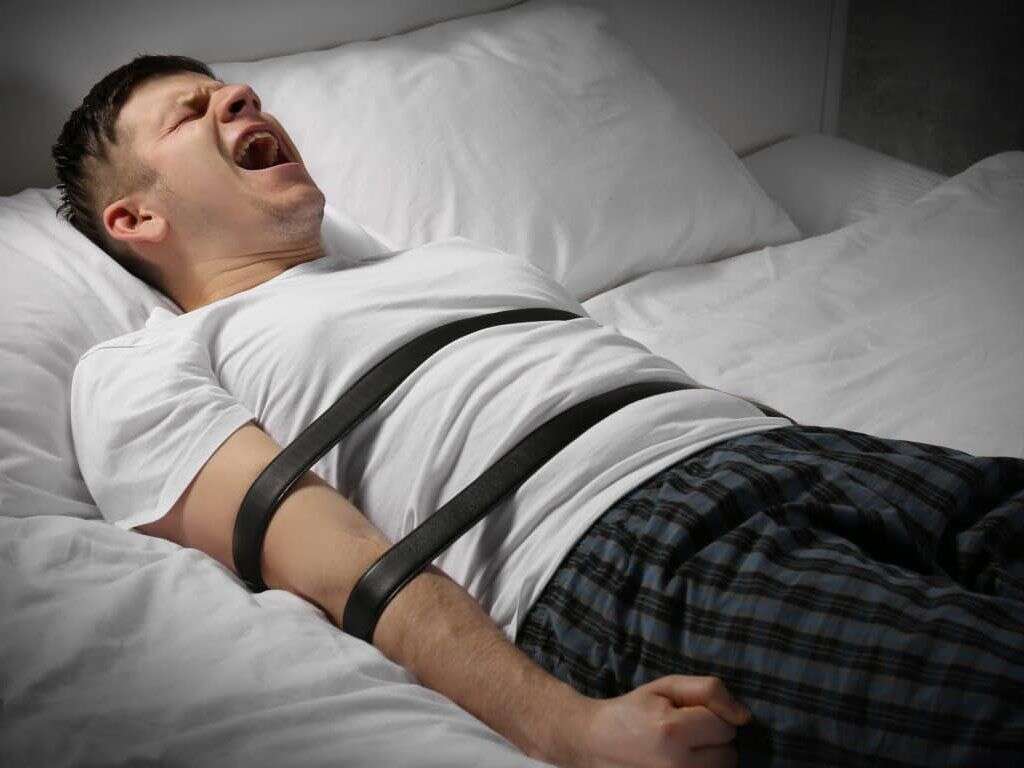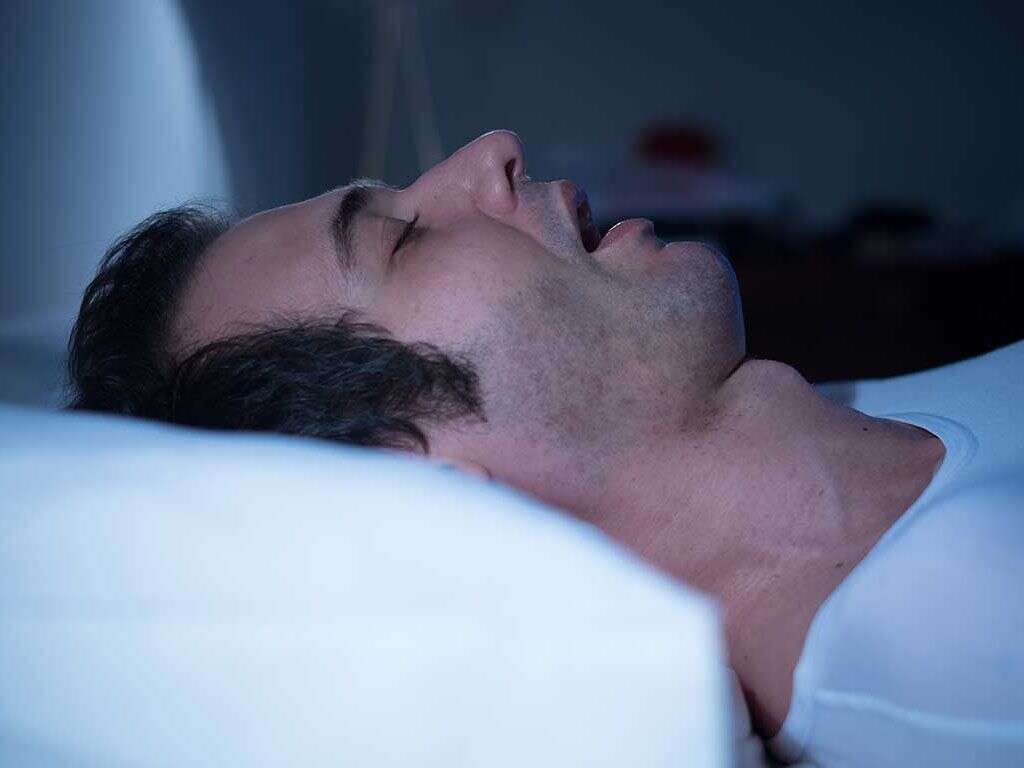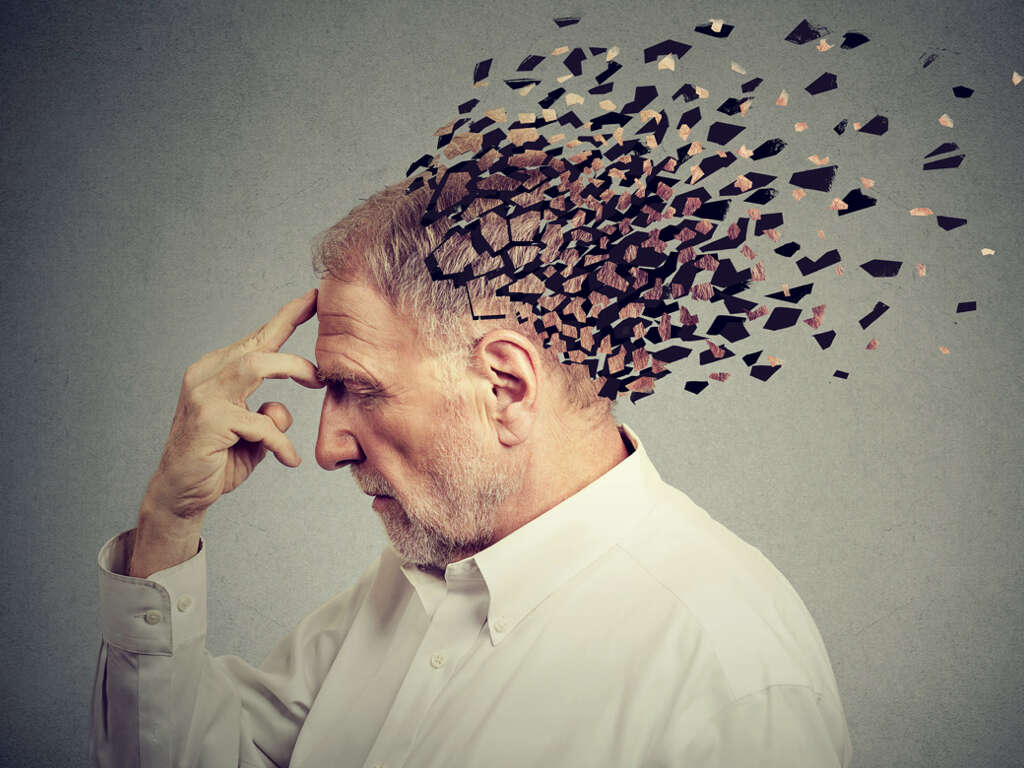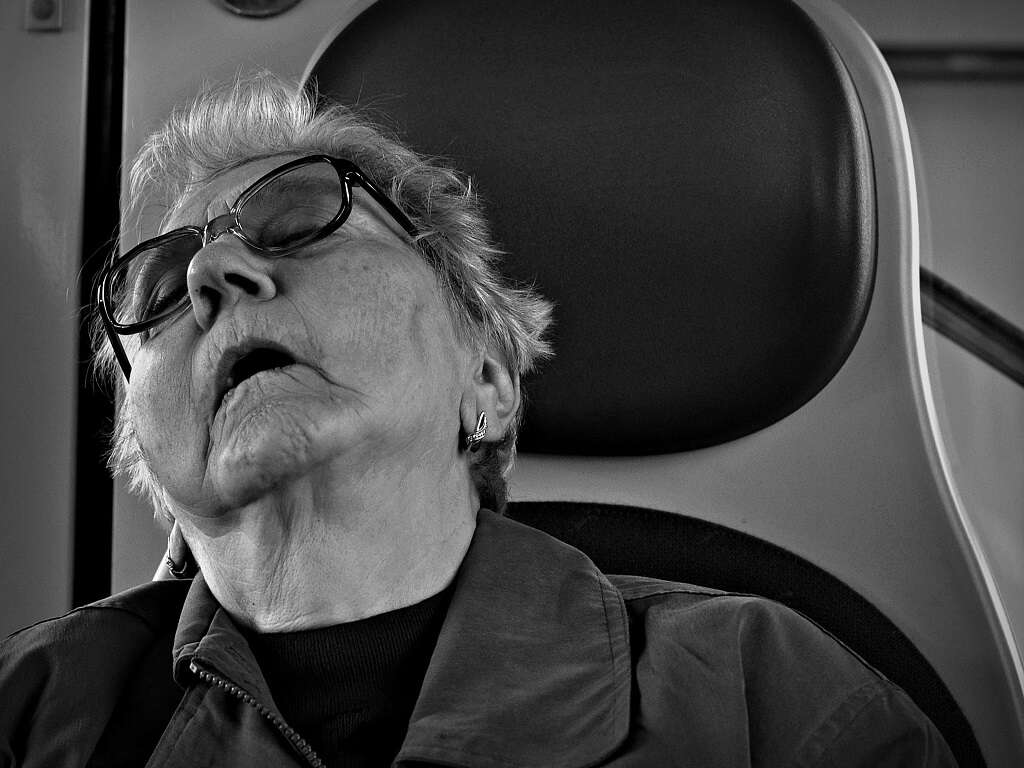10 Causes Of Sleepwalking
Sleepwalking, which is also referred to as somnambulism, is a problem in which a person wakes up during the night and begins to walk or perform other activities. They usually won’t have any memory of doing these things, and they can do things that are quite out of character. Sleepwalking generally lasts between 5 or 10 minutes and usually happens within a couple hours of falling asleep. Someone who is sleepwalking may return to their beds or end up sleeping in a different area.
Somnambulism can actually result in other things besides just walking, and the name can often be misleading. People who are experiencing it may sit up in their bed, look dazed and confused, and not respond when spoken to even while they are still in bed. Another common symptom is urinating in strange places.
Generally, sleepwalking doesn’t lead to any serious complications. However, in severe cases, someone might end up trying to drive their car or engage in sexual activities while they are fully unconscious. In these cases, it’s important to talk to the person about what happened and help them seek the necessary treatment. If you or someone that you know has been sleep walking lately, there are a number of things that could be contributing to the problem. These are the most common causes of sleepwalking.
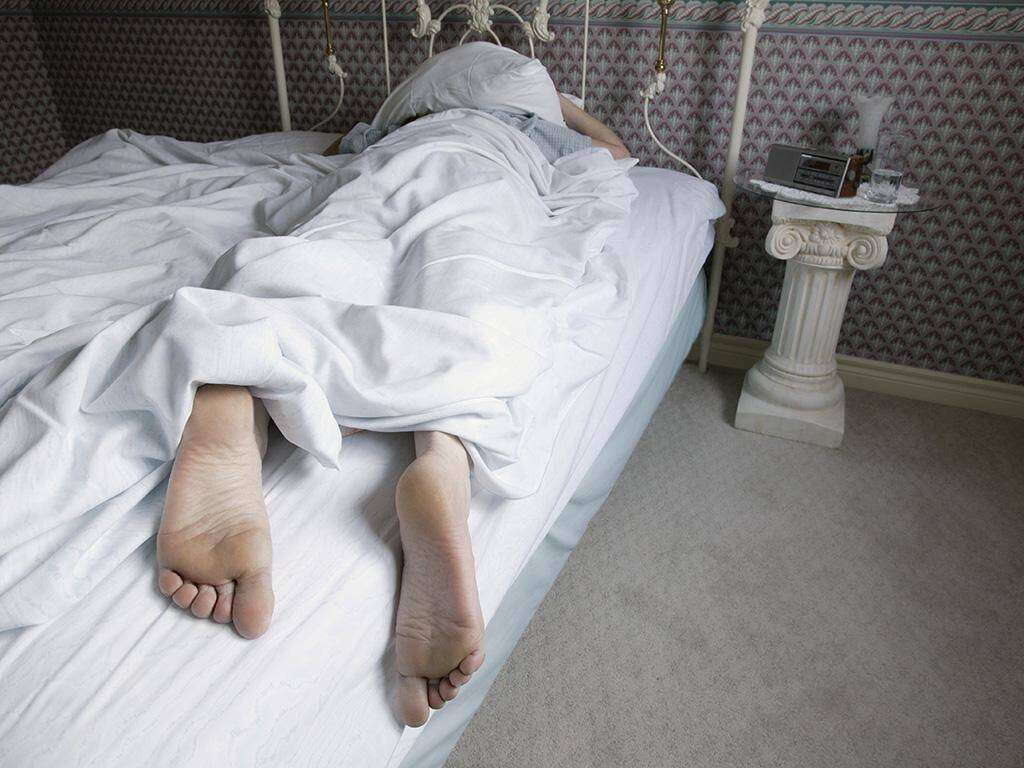
Cause #1: Sleep Deprivation
Sleep deprivation, despite the fact that it is quite a common problem, can lead to some serious problems if it is left untreated. Chronic sleep deprivation can lead to things like hallucinations, mood changes, depression, and sleepwalking.
If you are suffering from insomnia and it is causing you not to get enough rest, there are many things that can help. Natural supplements can help to restore a healthy sleep schedule, as can getting more exercise. People who work sedentary jobs are more likely to experience insomnia and should make sure they use enough energy during the day so that they can fall asleep easily.

Cause #2: Hyperthyroidism
Hyperthyroidism is a condition in which the thyroid glands produce more hormones than it needs to. The thyroid glands are involved in many of our bodily processes, including regulating our sleep/wake cycle.
If you have hyperthyroidism then it’s possible that you will experience sleepwalking. This can be a result of insomnia triggered by the condition.

Cause #3: Stress
Sleepwalking is considered to be a form of parasomnia, which is a term used to describe an undesirable sleeping experience. Since sleepwalking occurs during N3 sleep (the deepest phase of NREM sleep that a person experiences) then it’s important to note that certain things that affect N3 sleep can contribute to sleepwalking.
One of the things that can negatively impact N3 sleep is stress. Chronic high stress levels have been proven to have an adverse effect on a person’s sleep schedule and can contribute to things like sleepwalking.

Cause #4: Sleep Apnea
Sleep apnea is a condition that is characterized as a type of sleep-disordered breathing. Someone suffering from sleep apnea has a difficult time getting oxygen into their lungs and may wake up several times during the night gasping for breath.
It’s easy to understand how this condition can make it difficult to get a good night’s sleep. This, in turn, can contribute to sleep deprivation and can make a person more likely to have problems with sleepwalking.
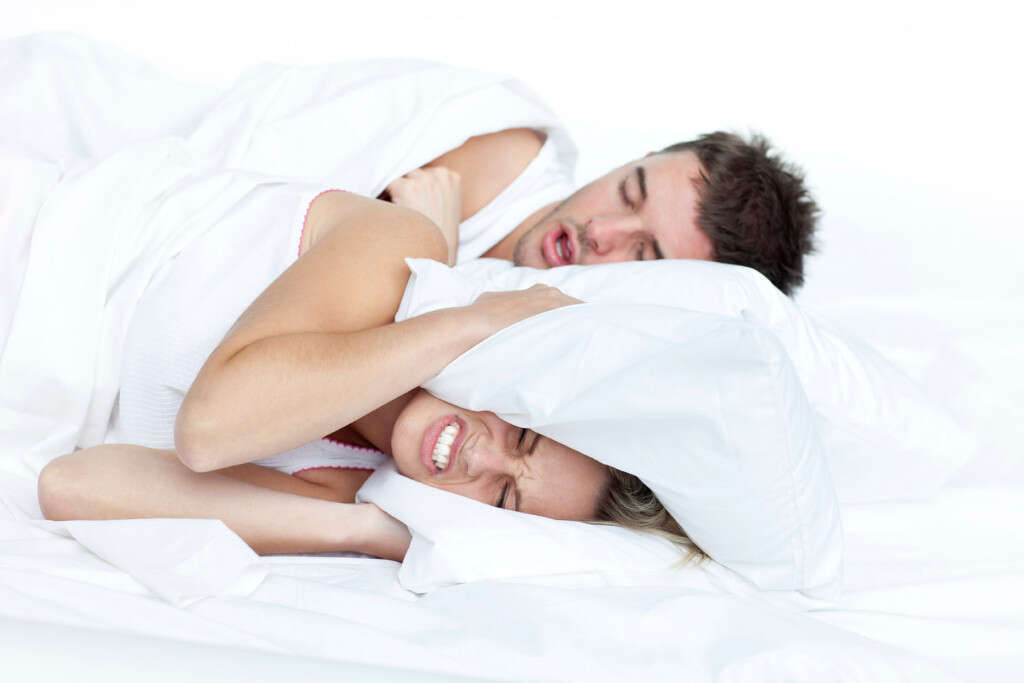
Cause #5: Fever
A fever generally occurs when a person is fighting off a bacterial or a viral infection. The immune system of the body recognizes that viruses and bacteria generally have a harder time thriving in very hot environments, so by raising the temperature of the body, the immune system helps to fight off the virus.
Unfortunately, it takes a lot of energy to raise the temperature of the whole body. This means that people who are experiencing fevers may have a difficult time adjusting to sleep or falling into a deep sleep. This can contribute to problems like sleepwalking.

Cause #6: Travel
One of the most common problems associated with long-distance travel is problems with sleeping. This is especially true if you are changing time zones. Because your body’s sleep-wake cycle will be accustomed to the time of your local area, it can be very difficult for it to get used to sleeping in a new time zone.
Because of this, traveling can put a damper on a person’s sleep schedule. They may have a hard time falling asleep, or they may experience sleepwalking when they do fall asleep.
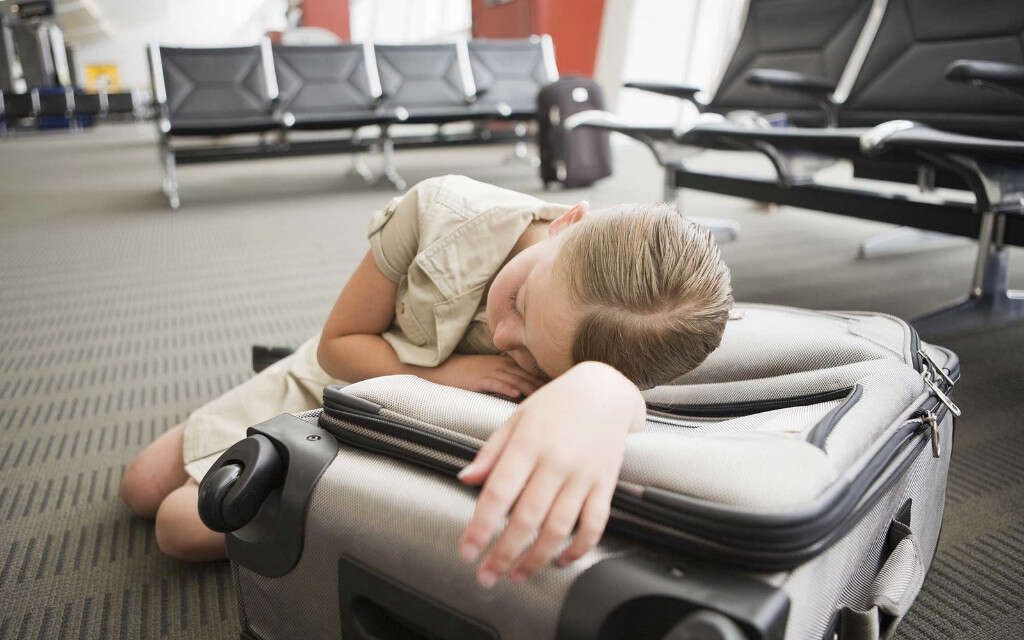
Cause #7: Drinking Alcohol
Many cases of sleep deprivation occur as a result of excessive alcohol consumption. One thing that alcohol is known for is disrupting a person’s sleep schedule and the ability to get high-quality, restful sleep when a person does finally fall asleep. If you fall asleep drunk, you are not truly entering a state of deep rest. This alone can contribute to sleepwalking by contributing to sleep deprivation.
Furthermore, alcohol is known to disrupt a person’s inhibitions. This is why alcohol consumption is one of the most common reasons that people who sleepwalk are known to urinate in strange places.

Cause #8: Drug Use
Drug use can cause sleep deprivation much like alcohol use can. However, depending on the drug in question, the reasoning can be different. People who use opioid drugs may find themselves drifting off into a blissful state. This can then lead to them doing things that they may not consciously be aware of.
Conversely, users of stimulants may find themselves staying awake for extended periods. The sleep deprivation involved in this can lead a person to more sleep deprivation.

Cause #9: Genetics
It has been revealed that sleepwalking can be a genetic problem, because those born to parents who have suffered from chronic sleepwalking are more likely to develop the problem themselves.
This is especially true if both parents have had problems with sleepwalking. The likelihood of their children developing sleepwalking issues increases significantly compared to those born to parents who did not experience sleepwalking.
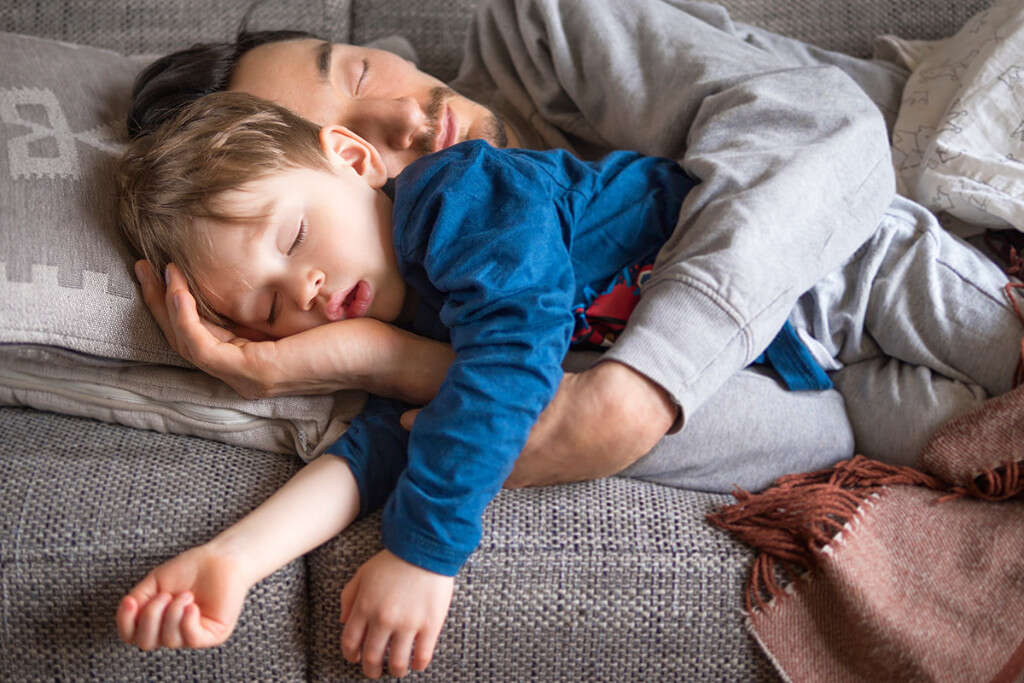
Cause #10: Being Young
If your child is sleepwalking and you have been worried about them, there might be no reason to worry. It has been established that younger kids are much more likely to experience sleepwalking than older people. Older people who experience sleepwalking usually have something else going on with them.
This is also particularly true if the parents of the child have experienced sleepwalking during some point of their lives.
